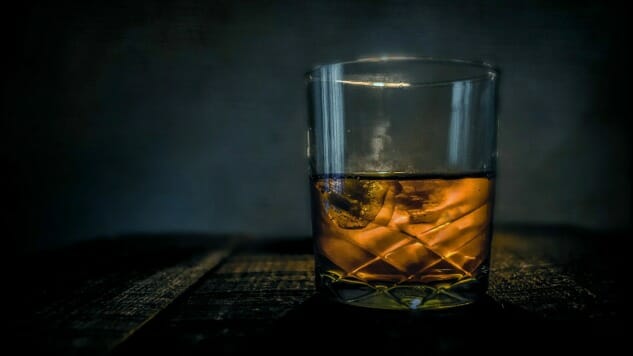Ask the Expert: Is It True that All Bourbon Has to be Made in Kentucky?

In our Ask the Expert series, Paste readers chime in with some of their most pressing booze concerns, and we do our best to help you make sense of it all. Resident expert Jake Emen has spent years on the road traveling to distilleries across the country and around the world, and he’s here to help. Want your own question answered? Send a Tweet to him @ManTalkFood using #AskTheExpert.
Ask the Expert: Is it true that all bourbon has to be made in Kentucky?
In a word: no. That’s a common misconception, and it stems from the fact that the traditional powerhouses all reside in Kentucky, and many of them have histories stretching back generations if not centuries in the Bluegrass State. Further, before the craft distilling boom of the past decade, there were hardly any producers outside of Kentucky even though there was no legislation barring it.
[As an aside, if you really want to dive into bourbon’s history and how it came to be legally defined, I highly recommend checking out Fred Minnick’s book, Bourbon: The Rise, Fall, and Rebirth of an American Whiskey.]
Even so, about 95% of the bourbon produced in the United States still comes from Kentucky. The firepower of the major distilleries there including Jim Beam, Heaven Hill, Wild Turkey, Buffalo Trace, Maker’s Mark, Four Roses, Woodford Reserve, and on down the line, is never going to be matched, no matter how many thousands of small shops open up from coast to coast.
-

-

-

-

-

-

-

-

-

-

-

-

-

-

-

-

-

-

-

-

-

-

-

-

-

-

-

-

-

-

-

-

-

-

-

-

-

-

-

-








































